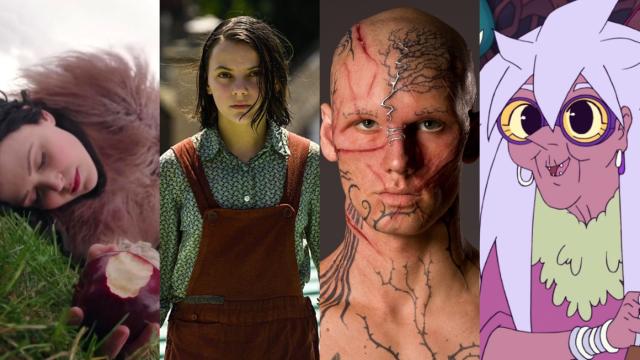There’s a reason fantasy has existed for thousands of years. It could be the story of a princess kissing a frog, a fairy hiding in the trees, or a magical lotus lantern. These are stories that have filled our hearts and homes for generations. Many of them tend to use the same storytelling tropes, but that’s because they worked then and still work now.
These are some of our favourite fantasy tropes that have lasted through the decades and centuries, and sometimes earlier than that. It might be the enduring power of witches, a talking animal, or just seeing people hang out in a tavern. We’ve also included a few fantasy tropes that we feel have outlived their welcome and should be shown the door.
Good Tropes
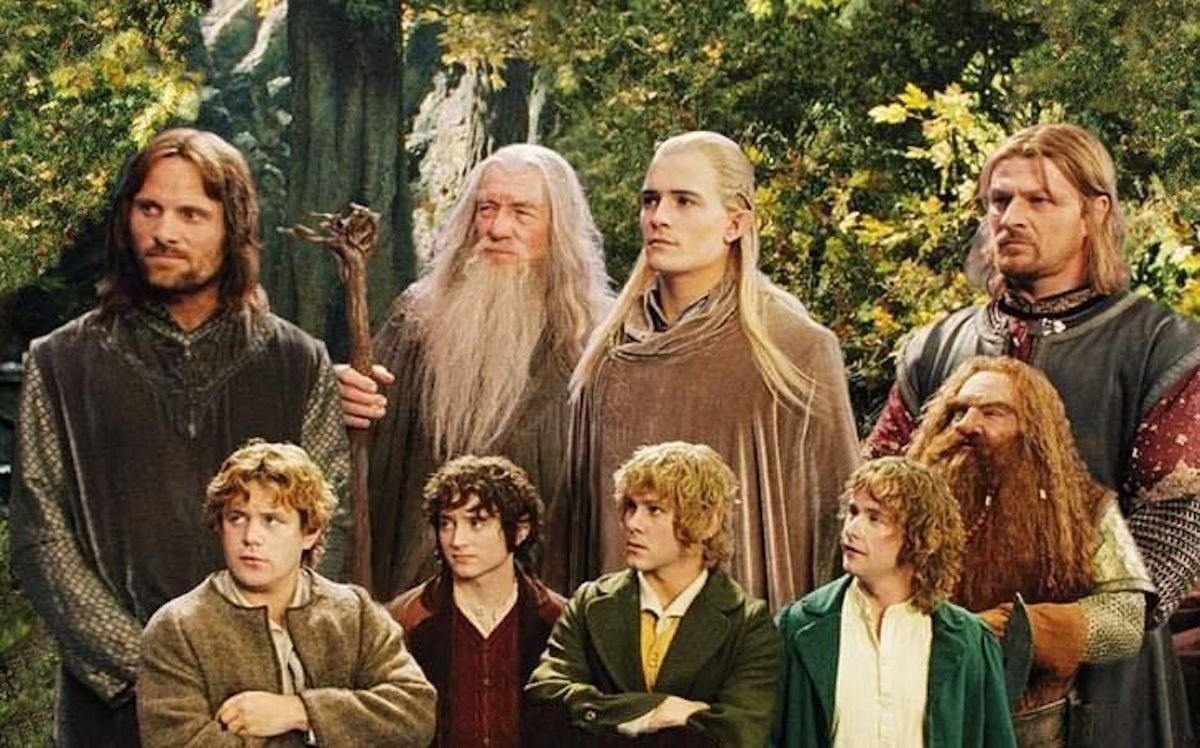
The Quest
Some of the greatest fantasy stories ever told are about characters going on a grand quest — one of the most famous being Frodo’s quest to take the One Ring to Mordor. These type of stories are about the journey just as much as the destination, and how much they change people along the way. It can get muddled when you add things like “prophecy” into the mix (more on that later), but a good quest is truly inspiring.
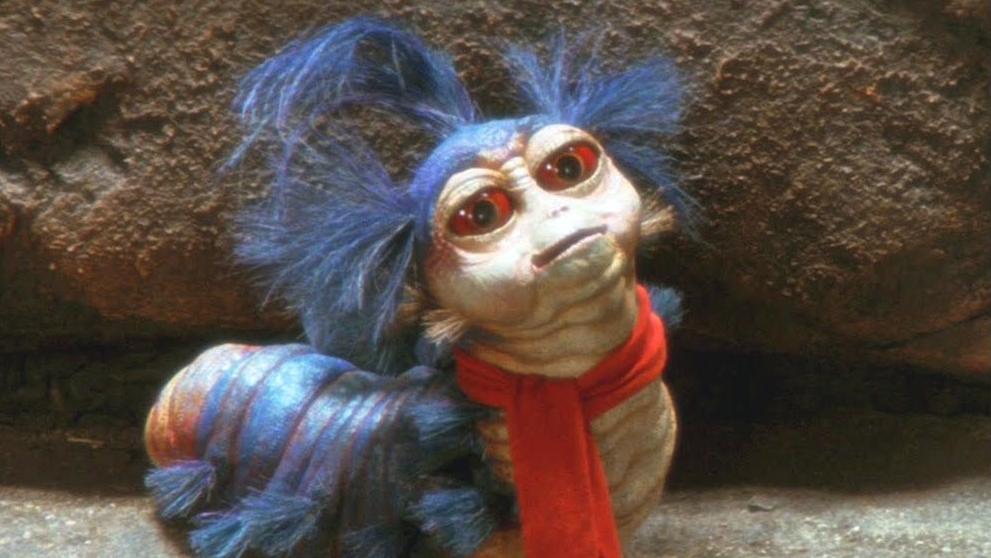
Talking Animals
It doesn’t matter if you’re a giant Lion-Turtle that moves cities or the tiniest worm that just wants to invite you inside for some tea, everybody loves a talking animal. They can be wise, supportive, silly, or even villainous. No matter what, they encourage us to look at things from a different point of view.
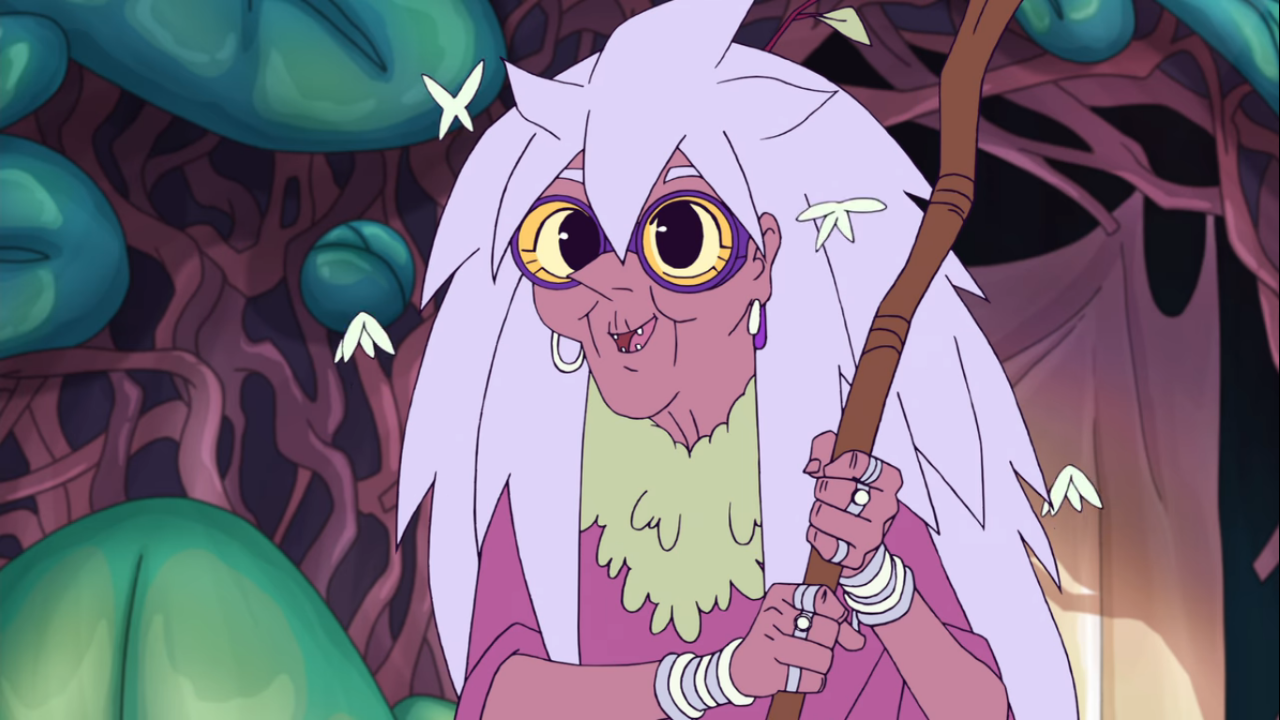
Recluse Who Lives in the Woods
Madame Razz from She-Ra and the Princesses of Power was the epitome of this classic fantasy trope: the all-knowing but sometimes clueless recluse who lives in the woods and provides wisdom in between bowls of soup. They can be excellent comedic relief while also guiding our hero down the right path. It’s a trope we even saw in Star Wars with Yoda, a series that’s often blurred the lines between science fiction and fantasy.
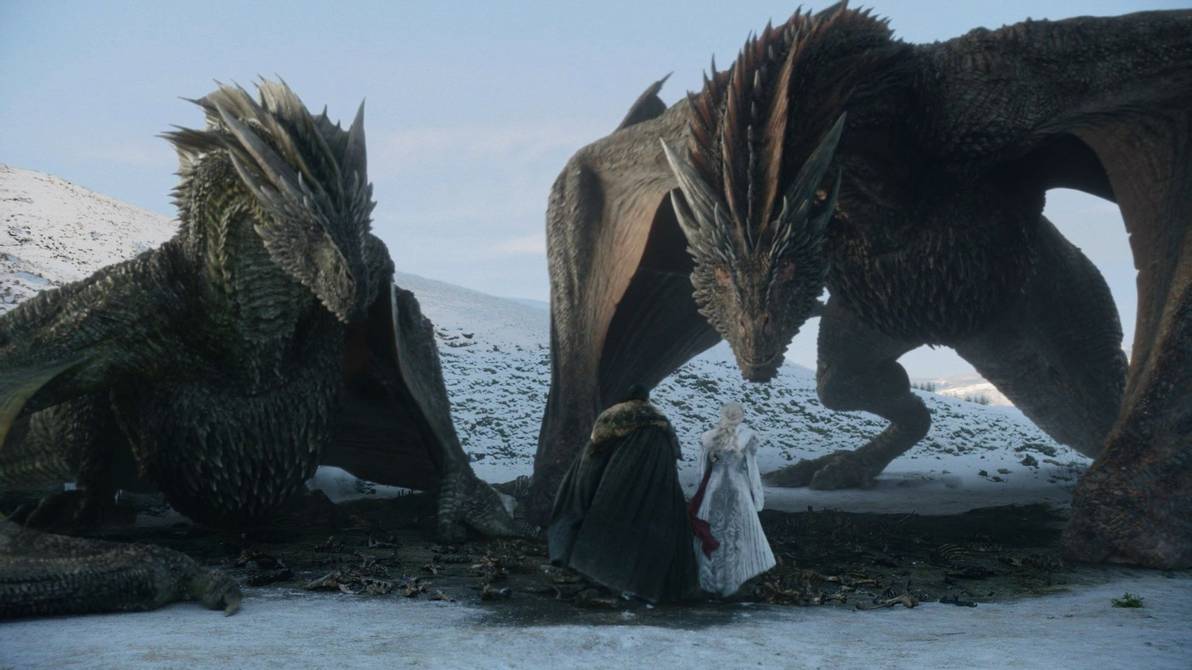
Dragons
Game of Thrones might have used and abused their winged creatures — going so far as to let some wet guy with a crossbow kill one of them — but not even this series could temper our fascination with dragons. They will always be cool.
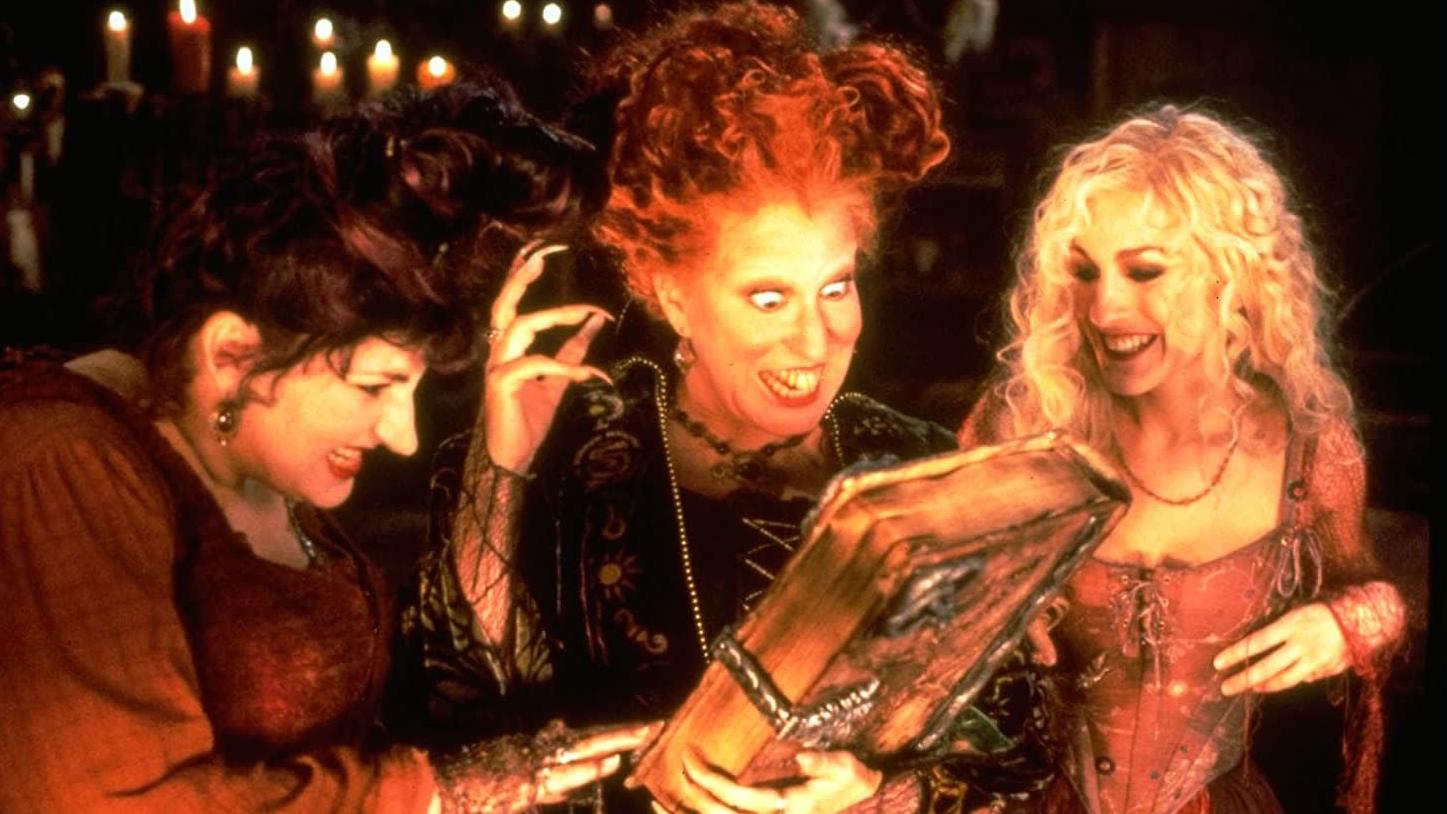
Witches
Witches are one of the most literally and figuratively powerful fictional tropes in fantasy because, really, they can be anything. History has often portrayed them as the villains, thanks in no small part to the puritanical discrimination Wiccans and women in general have faced over the centuries, but in many stories, they are warriors, feminist icons, and heroes. Witches have endured in stories and myth because they’re powerful and mysterious — and they represent a strength that exists in spite of mankind, not because of it.
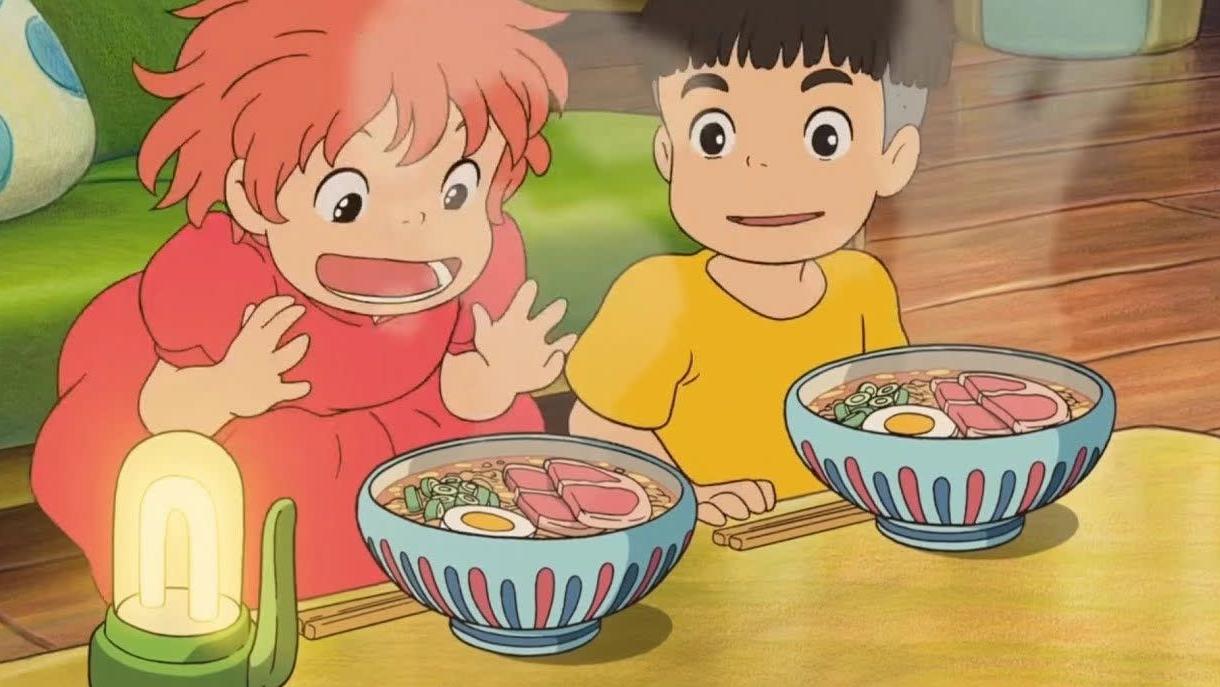
Amazing (and Well-Described!) Food
We can thank J.R.R. Tolkien for this one. Traditional fantasy stories may not have things like showers, wifi, and equal opportunity employment — but they do have incredible meals. Well-described food is one of the greatest staples in fantasy — whether it’s Lord of the Rings or George R.R. Martin’s A Song of Ice and Fire — to the point where cookbooks based on these series are commonplace. It’s a trend that’s continued into modern-day fantasy, with Hayao Miyazaki’s films in particular giving us truly scrumptious dishes and delights.
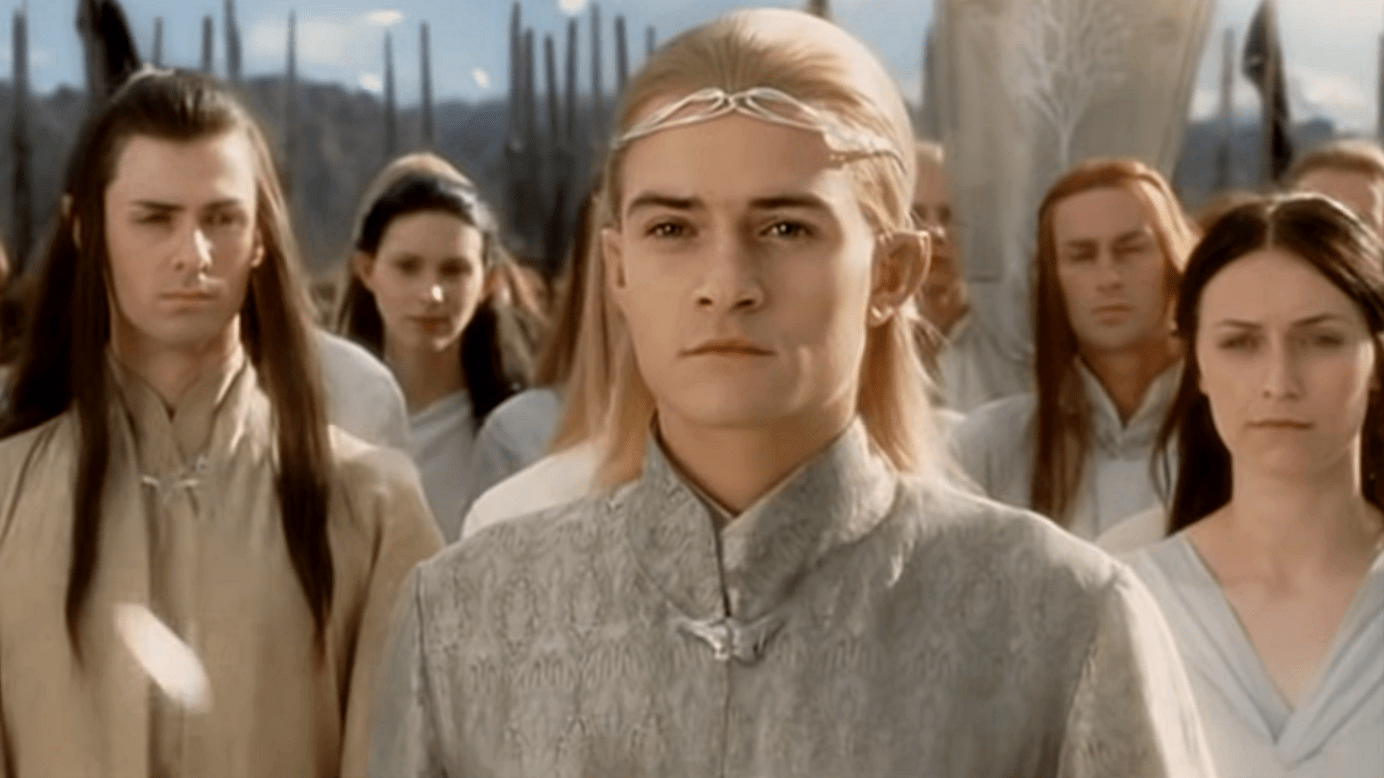
Elves Are Fucking Badass
I don’t care if it’s stupid that Legolas was jumping on dwarves in barrels while shooting perfect bullseyes at his assailants, because it’s Legolas. Elves are badass, gorgeous, and oh yeah, even more badass. Giant perfect creatures with perfect tailoring and extensions for days. (PS: Elves can be badass even without being on the top tier of the societal food chain, as described below.)
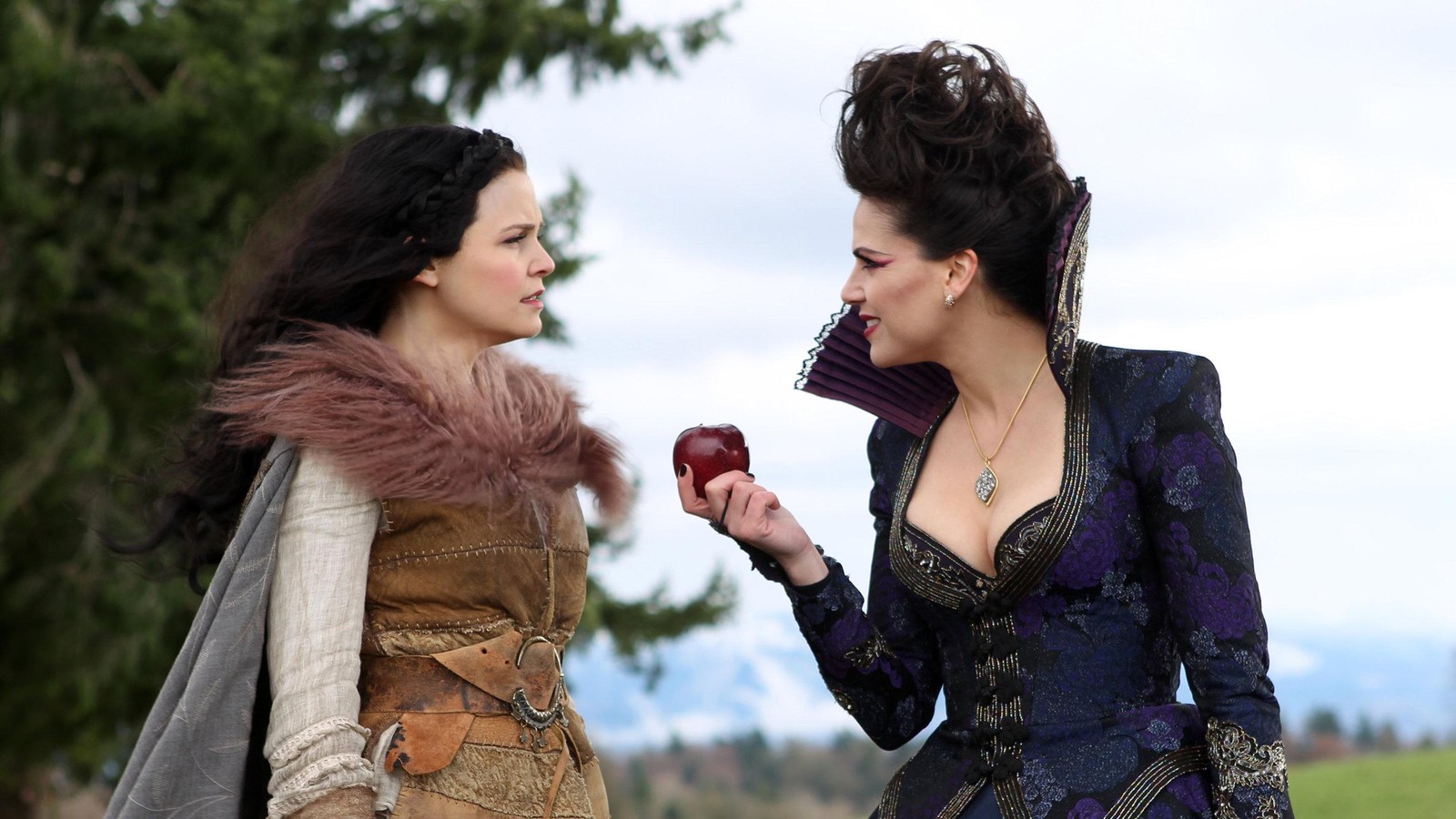
Reinterpreted Folktales
Fairytales and folktales have been around for hundreds, sometimes even thousands, of years — and yet there are always ways they can surprise us. Whether it’s by turning The Snow Queen into a story of redemption and sisterhood, like with Frozen, all the ways we’ve seen One Thousand and One Nights explored, or how Once Upon a Time gave us a new look at Snow White and the Evil Queen’s complex relationship. We’ve even seen new tales emerge that borrow on the tropes of the genre while adding something new, like with Guillermo del Toro’s Pan’s Labyrinth. Given how many have yet to be put to film, we could see even more great adventures in the future.
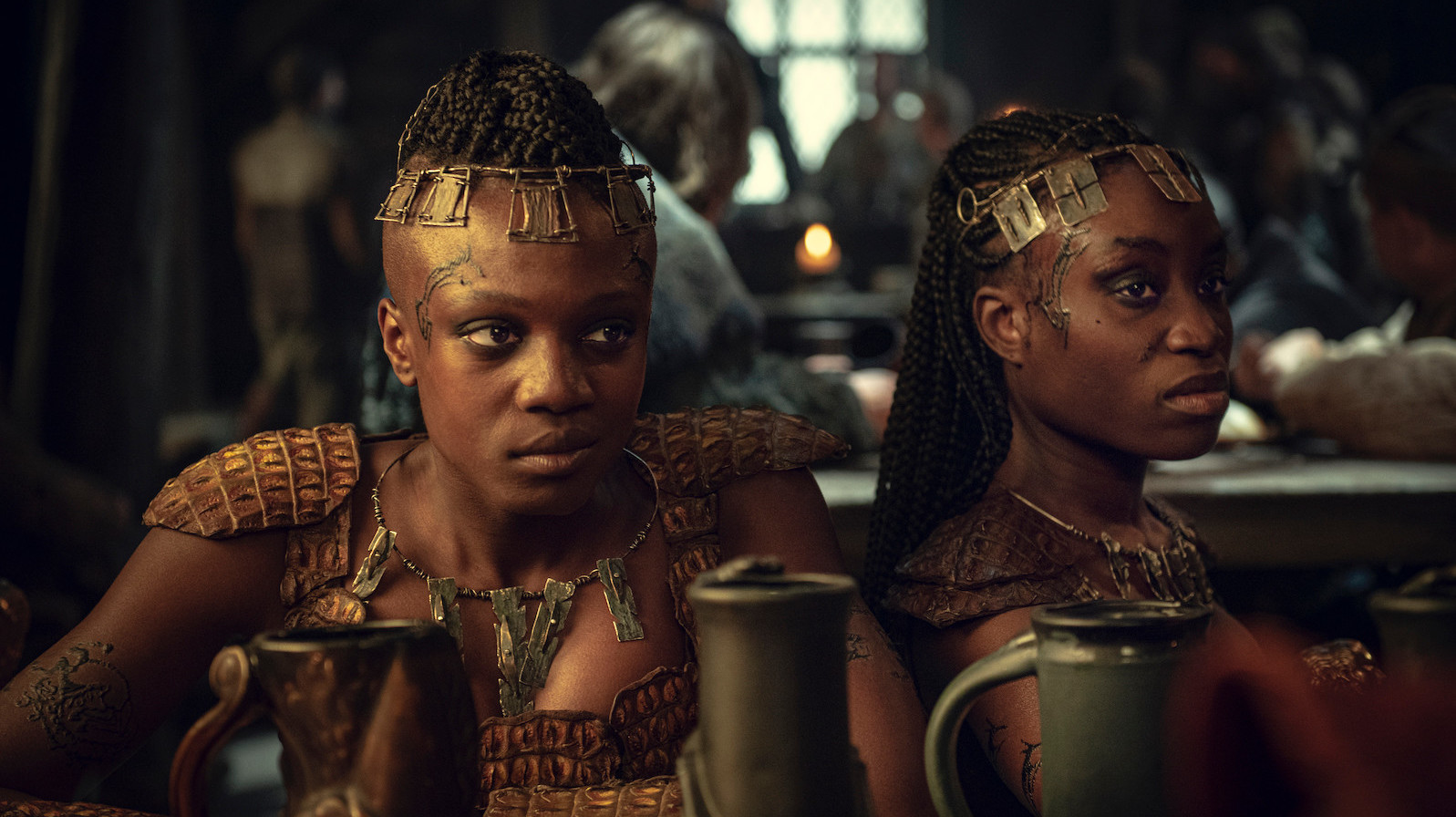
A Scene in a Tavern
Look, shows and films are (almost) always going to have a bar scene. It’s where people let loose and spill secrets. But there’s something special about a tavern, where the mead is flowing and strangers burst into song about a glorious battle from years gone by. It’s a place where things happen — people meet, plots progress, and romances stir. Bonus points if there’s a tavern brawl too.
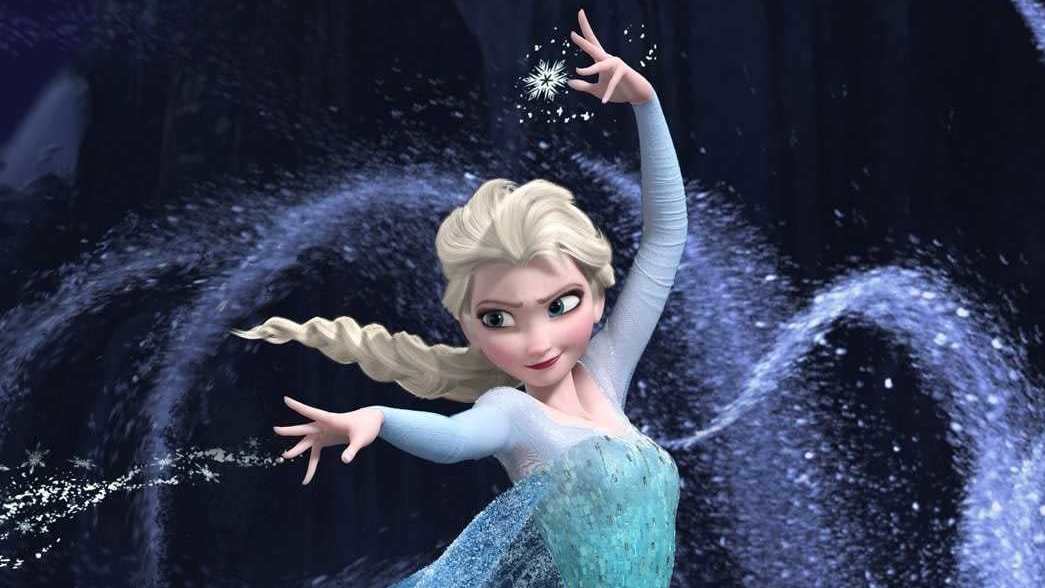
Magic, Babyyyyyyyy
I don’t care how old you are or how many fantasy movies and shows you’ve seen: It’s always thrilling to see someone cast a magic spell. They might be opening up a book and reading its mystical contents, or flinging out their arms to project fire, lightning, or a powerful illusion. It’s a power none of us have known but have always dreamed of having, and it ignites something inside us — a longing to feel control over something as we struggle to navigate everyday life. It’s why superheroes have become so popular over the decades, their powers are just another form of magic.
Bad Tropes
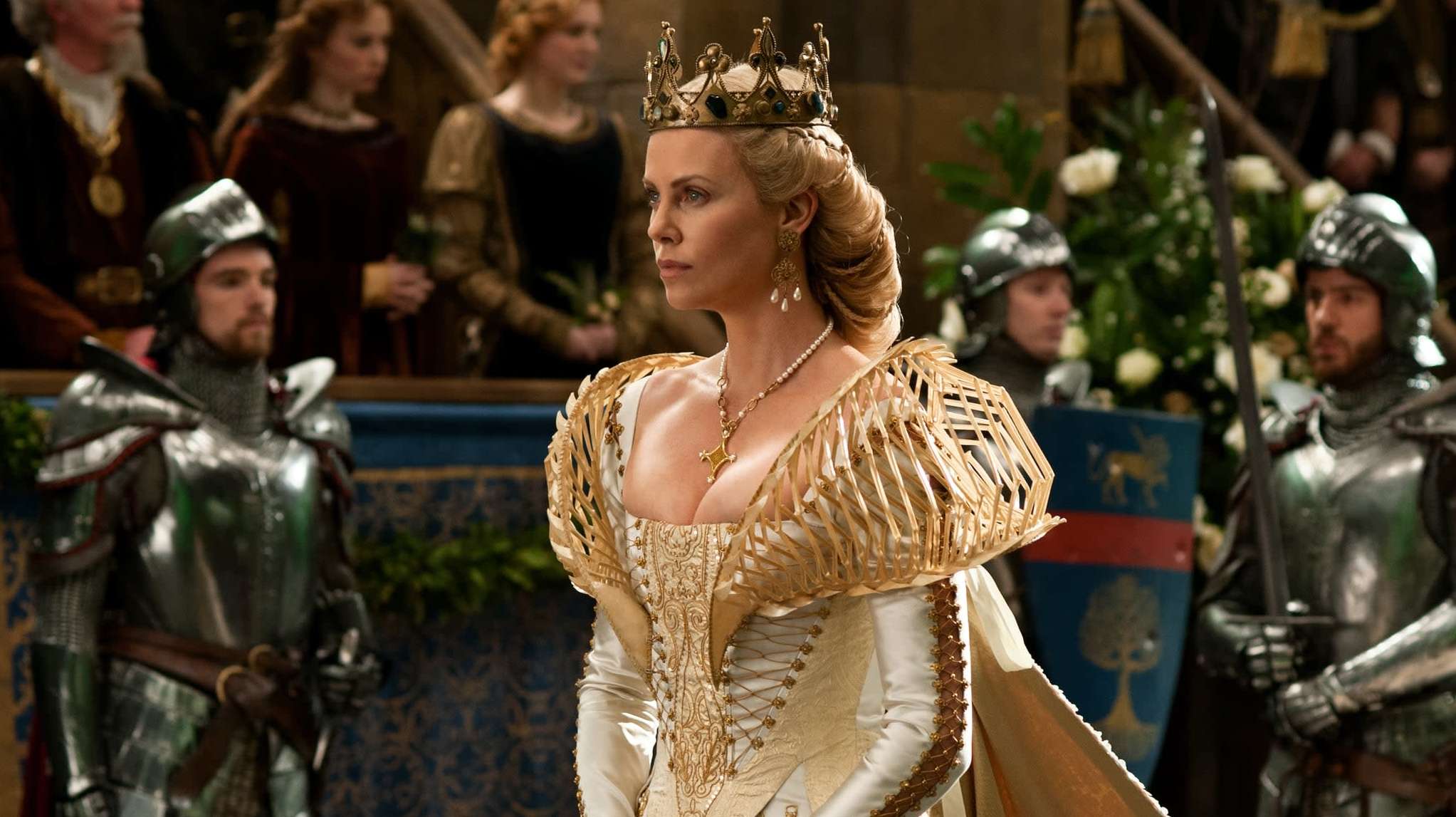
Medieval Fantasy Setting
It’s long past time for this genre to move past the Western Eurocentric view of High Fantasy. Not only does it homogenize the genre, but it also serves as a gatekeeper against diversity on the grounds of a wildly fictionalized version of “historical accuracy.” We’ve got thousands of years of inspiration from cultures around the world, and yet we keep coming back to this. I know it’s because many of the fantasy stories we’ve come to accept as traditional are from this area and time period, but that’s no excuse not to broaden our horizons. We need to embrace an international view of what fantasy is and what the genre can be.
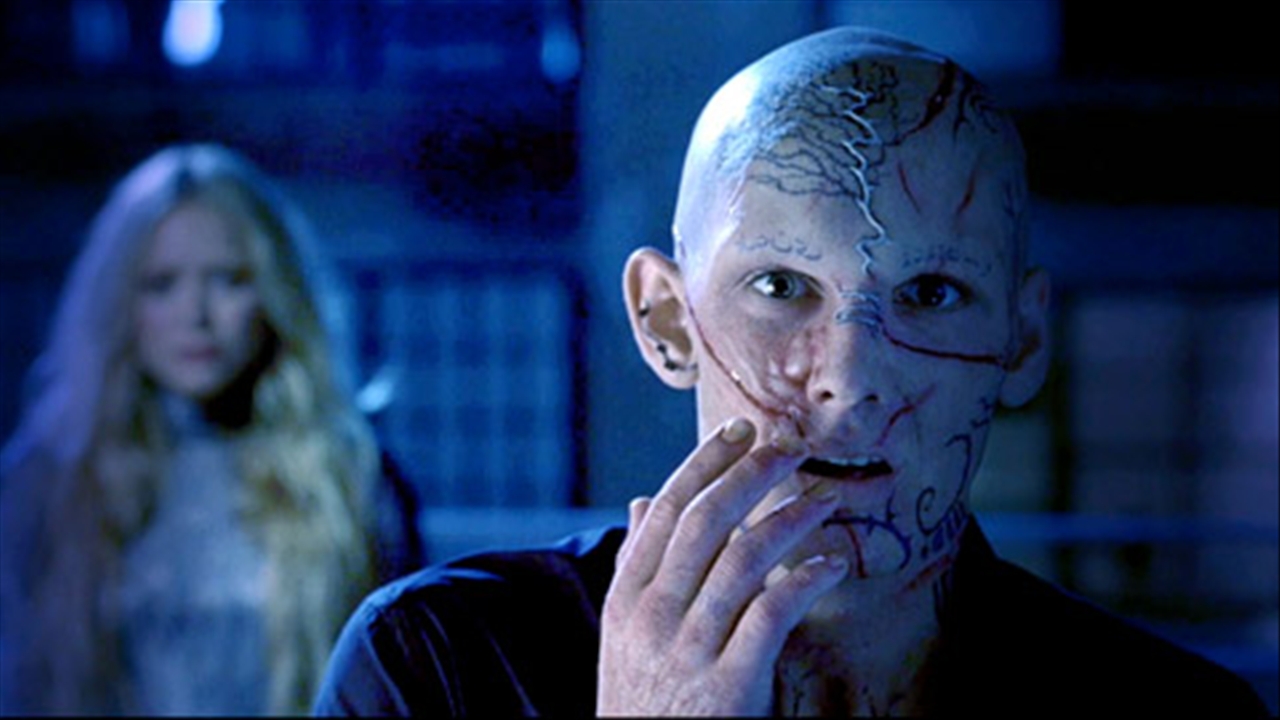
Cursed Beauty
I know I praised folktales for constantly changing and reinventing themselves, but one type of fairy tale that can be whooshed away is the “cursed beauty.” It was made most famous by Beauty and the Beast, though we’ve also seen it in The Swan Princess and so many others. It places an unnecessary value on appearance and the concept of objective beauty. Even attempts to redefine the trope, like with Shrek, don’t do enough to justify its continued existence.
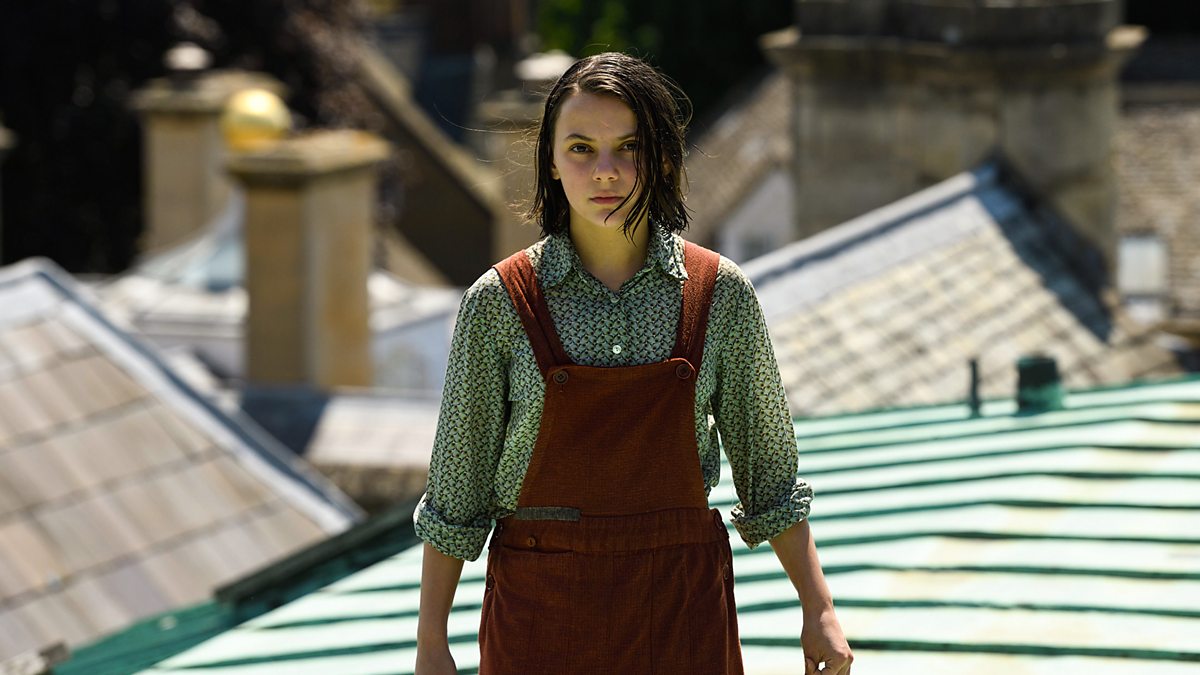
The Prophecy
I love Philip Pullman’s His Dark Materials series, but even I get annoyed every time the witches mention “the great prophecy” about Lyra Belacqua. Portraying a protagonist as the Chosen One, or someone who is prophesied to do something monumental takes away their agency and makes the story more about the creator than the creation. I’d rather believe in someone based on their words, actions, and heart, not because some ancient scroll tells me I should.
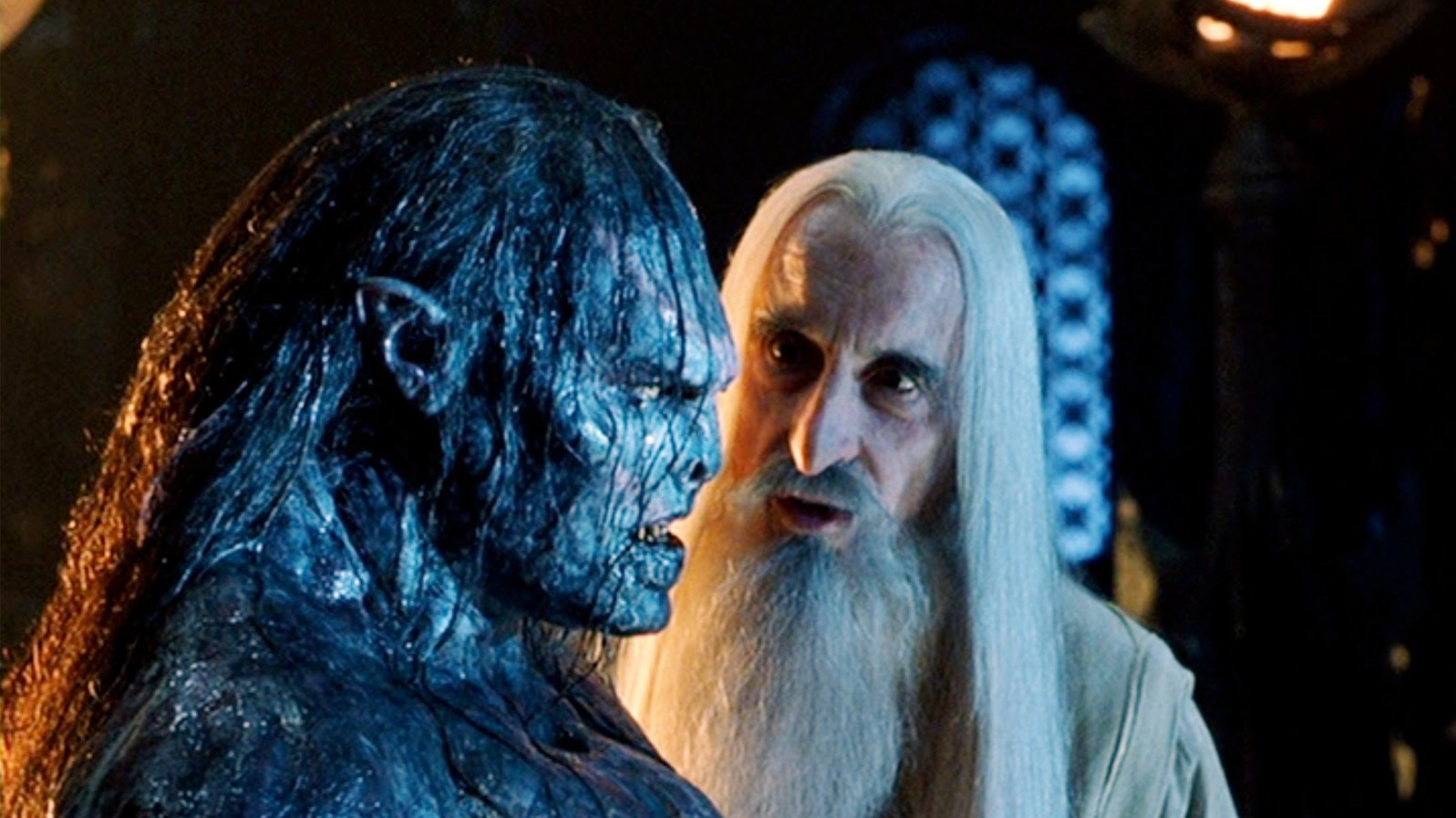
Monoliths and Hierarchy
Traditional fantasy, à la Tolkien and Dungeons & Dragons, has created a system where different races (humans, orcs, elves, etc.) are not only homogenized in their own subcultures — but they’re often placed in a social hierarchy. One that is defined as “the way it is” instead of being emblematic of a structural problem. It’s an awful, regressive system that tends to place versions of “whiteness” at the top, and folks who are way more versed in this topic have tied this to systemic racism, colonialism, and caste systems — even if and when it’s seemingly unintentional, as Tolkien himself often spoke out against systemic discrimination.
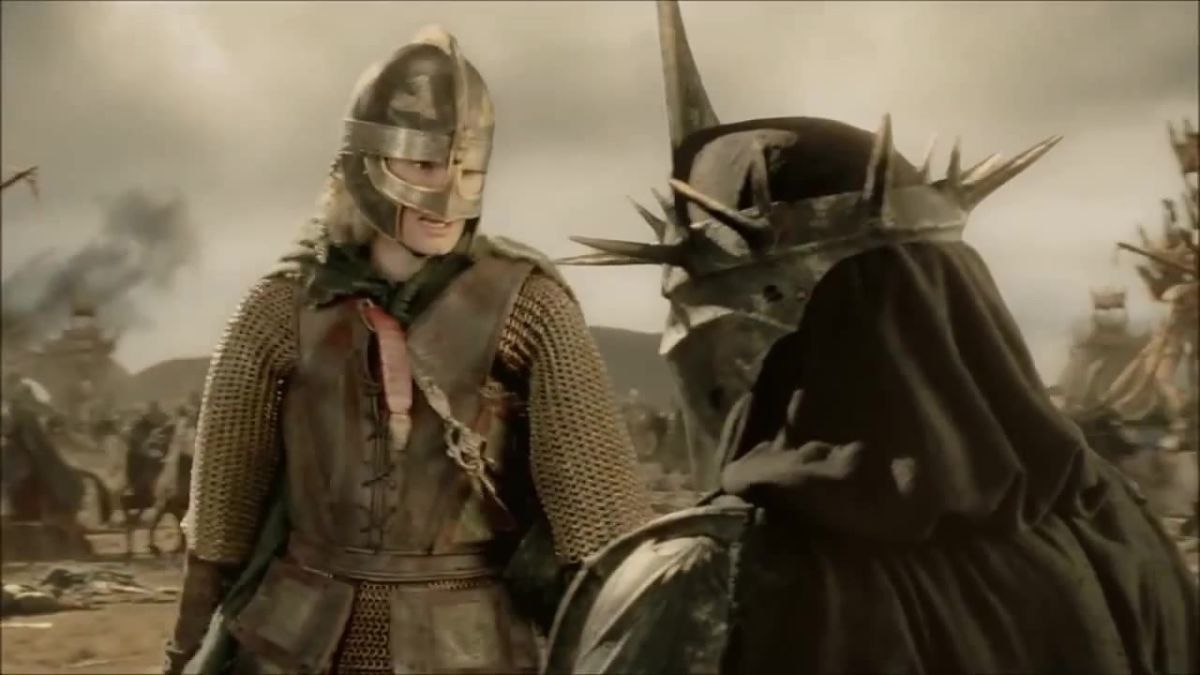
“I Am No Man”
This is a catch-all term for the fantasy stories that seek to subvert traditional views of women in their world without actually doing so. It’s the young woman who yearns to be a knight instead of a lady of the court, the Shield Maiden who challenges the male protagonist’s view of what a warrior can be, or the princess who disguises herself as a man so she can fight. Oftentimes, she ends up falling in love and compromising those hard-earned values in service of the new man in her life. It’s Faux Feminism that serves as the exception to the rule while failing to do anything about the rule itself. Given how many fantasy stories still use sexual assault and female exploitation as plot points, throwing in the token cool girl to make your material seem more progressive does nothing.
